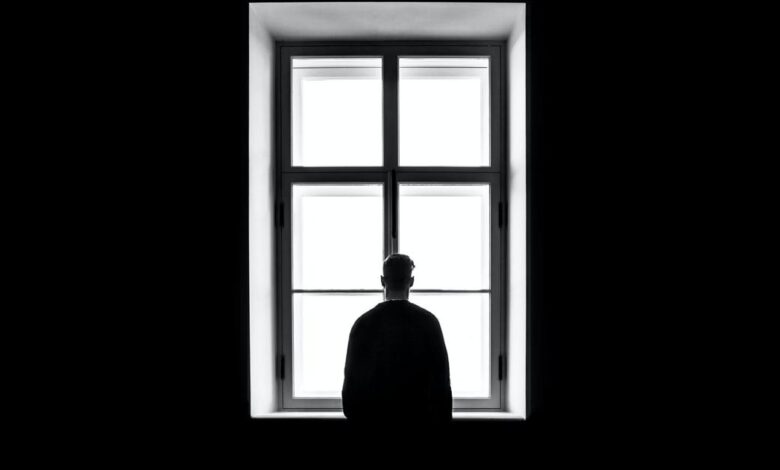Wellness and outreach: Facts and tips for Men’s Mental Health Month | Features

In addition to being Pride month for the LGBTQ+ community, June is also widely recognized as Men’s Mental Health Month.
Organizations such as Mental Health America take the month to spread awareness toward the realities of the hardships many men face and to encourage those who are struggling to seek help from loved ones and medical professionals.
Suicide remains one of the most prominent causes of death among college students across the globe. One in three college students “experience significant depression and anxiety,” according to an article published by the Mayo Clinic.
In the same article, it’s noted that up to 75% of students who struggle with these symptoms are reluctant to seek help.
Suicide is the 9th leading cause of death in Oklahoma, making the state rank 6th highest in deaths per capita in the U.S., according to the American Foundation for Suicide Prevention.
In early April of this year, a presentation by the AFSP called Talk Saves Lives, was intended to bring awareness to the reality of suicide and to inform the audience on suicide prevention.
Megan Baker, who is in the clinical Ph.D. program for psychology at OSU, is the former grief outreach intern at University Counseling Services and gave the presentation for Talk Saves Lives.
The presentation was held over zoom to an audience of only two people. Over the course of an hour, Baker went over details about the realities behind suicidal behavior in people and the most effective forms of prevention, according to the AFSP.
“One of the biggest challenges in fighting suicide is getting people to address their mental health the same way that [they] would [their] physical health,” Baker said.
At University Counseling Services, students have access to a free, walk-in clinic, where they can meet with a counselor without making an appointment.
OSU also offers access to the Reboot Center, which is a facility designated to give students a place to destress and unwind. However, the Reboot Center is currently closed during the summer.
When it comes to supporting someone who appears to be struggling, the presentation advised to “trust your gut,” and assume nobody else is reaching out to the person.
“As a rule of thumb, if you’re wondering if someone is having a hard time, that is a sign to reach out,” Baker said.
While suicidal behavior is an important topic when discussing mental health, it is not the only one of significance. For men, especially those in college, substance abuse, depression and anxiety are also prevalent in deteriorating mental health.
Both the state of Oklahoma and OSU provide a number of free resources to seek when struggling with a mental health crisis.
The Oklahoma State Department of Wellness page includes details on accessing these resources, including the Student Counseling Center and Alcohol & Substance Abuse Center, among others.
The Wellness page encourages those who are in an immediate crisis to dial 911 or 988, the National Suicide Prevention Lifeline.




